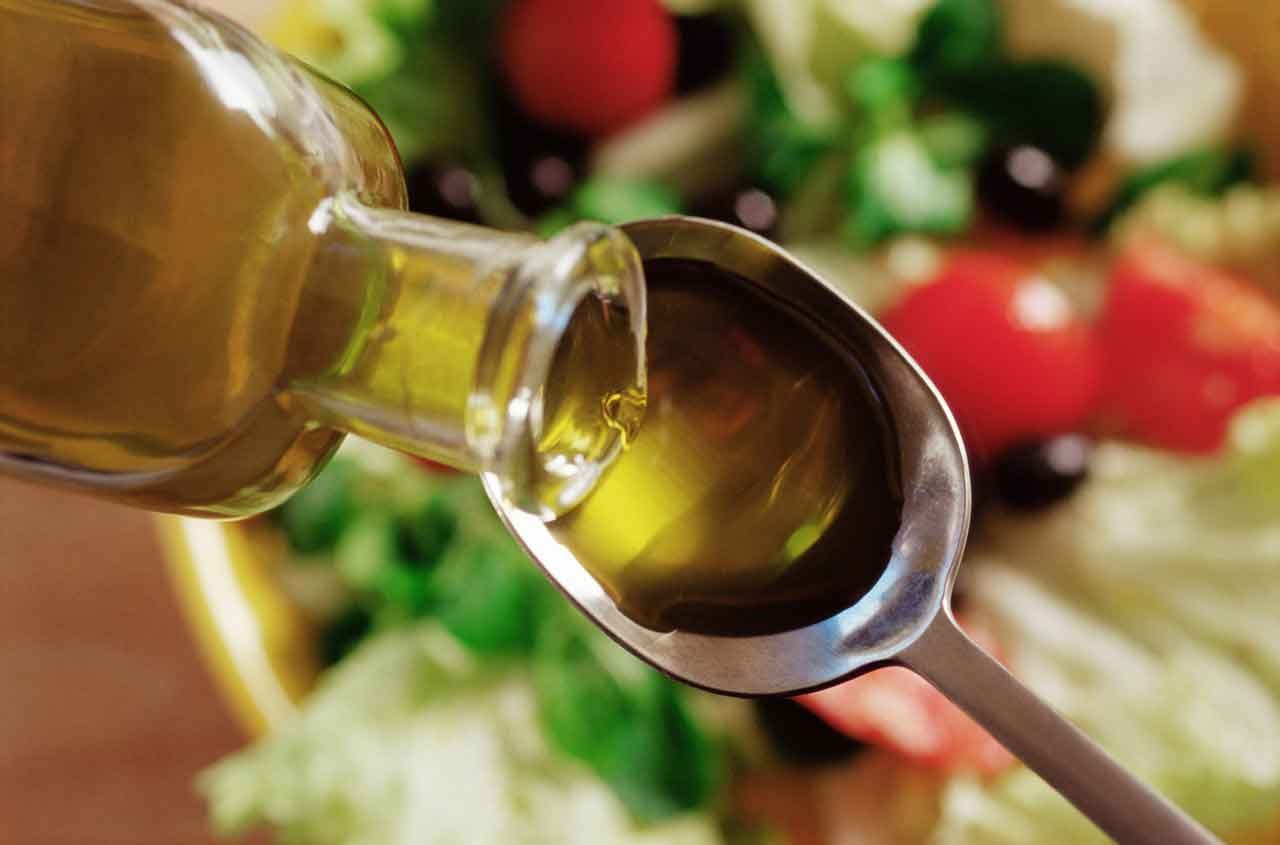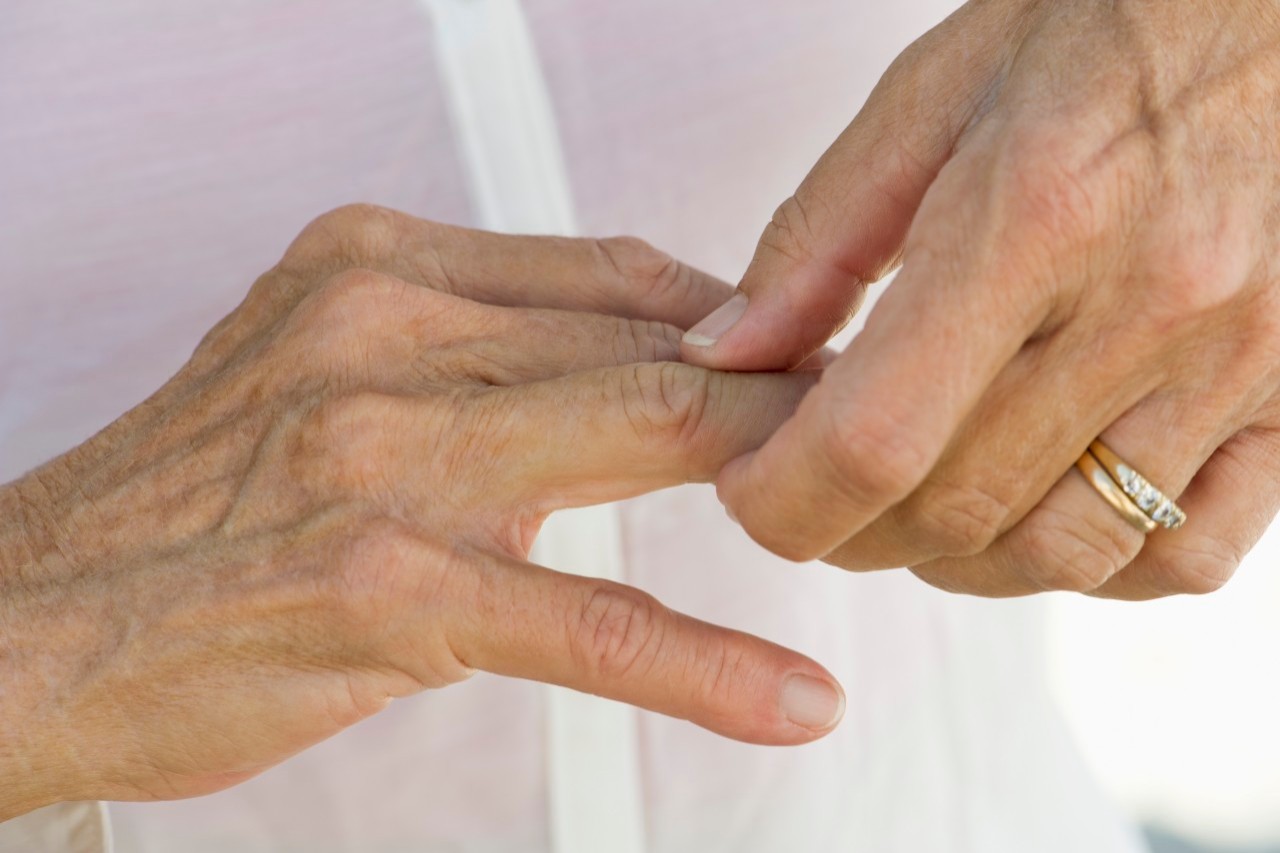January 20, 2016
Cut Fat Some Slack

Fat gets a lot of flack. I hear every day from people who refuse to add fat to their diets in fear of gaining weight. Claiming their doctors warned them about the risk of fat on their heart health, the added fats that are “making them fat” wreak havoc on their psyche. This is a misconception. Fats inherently are not bad for your health. In fact it can be argued that it’s the lack of fats that has led to the obesity epidemic worsening today. Diets are not sustainable on low-calorie intake; most people quit when their only intake is leaves and egg whites. They don’t feel full, and they are completely unsatisfied. We need fats for many bodily functions, including cell membrane formation, brain health, and good skin health. And even more interestingly, fats have been shown to improve cardiovascular health, particularly good fats and maintaining a healthy ratio of omega 3 and 6 fats. A low ratio protects the heart. That requires eating a higher amount of omega 3s, and a lower amount of 6s. So avocados and olive oil are not only better fats to pick from, they are also ideal fats that we should all include in our daily diets.
RELATED TOPIC: The Pros and Cons of High-Protein Diets
The other question that I often hear is “don’t fats make you fat”? Yes, it's true that fat calories are a lot more dense than other sources like carbs and protein. But keep in mind there is a huge benefit to having some fat for a meal. Not only are they densely packed with calories, aka energy, they fill you up and give you a slow-burning, clean energy for longer. Because fats are a slow-burning fuel, people often find they get fewer cravings and are able to stick to their dietary plans longer than if they were to attempt the same with a carbohydrate. Also the older gym generation, and even some current exercise enthusiasts, will continue to support low-carb diets for best results at the gym. There have been multiple blogs, case reports, and now movies about the pro-fat movement, including the movie Cereal Killers making waves all over the world, that show how long-distance endurance exercise performance increases significantly while body fat decreases on a diet of higher fats.
The argument about reducing saturated fats from your diet is being strongly disputed. A large analysis of multiple research studies showed that there was no significant link between saturated fats and cardiovascular disease. This allowed egg yolks, butter, and steak to make a comeback. The jury is out as to whether saturated fats are still risky in some individuals with a genetic predisposition to high cholesterol. However, given a negative personal and family history of high cholesterol and a healthy active lifestyle, you can enjoy whole eggs and a piece of good steak every once in a while.


